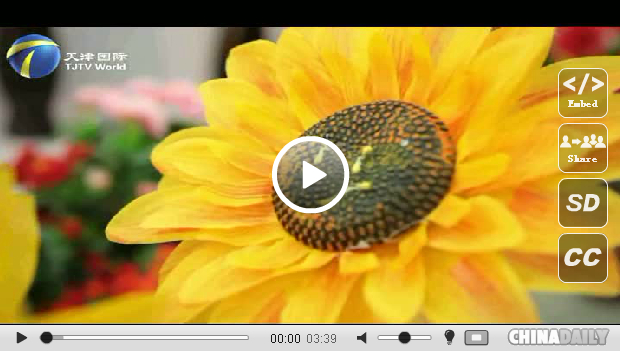The first batch of lottery results for car plates was announced in China's northern municipality of Tianjin on Wednesday, Feb 26.
A total of 4,675 applicants were picked out from 136,640 valid registrations in the afternoon lot-drawing session that lasted about 40 minutes under tight supervision, a government official said.
The newly released plate quota includes 4,004 and 125 for conventional cars and fuel-efficient cars respectively that will all go to individual car owners. The remaining 546 plates for conventional cars will go to non-individual applicants, such as companies, according to the official.
An applicant surnamed Li told Xinhua that the lottery system is "fair enough," while insisting that the quota could be bigger.
Government authorities in Tianjin implemented a bidding and lottery system for car license plates on Jan. 1, 2014, a move targeted at restricting the increase of cars and easing gridlock pressure.
Sixty percent of the quota of 100,000 new car license plates will be issued via lottery in 2014, including 10,000 and 50,000 for fuel-efficient cars and conventional cars respectively, according to a management plan approved by the Tianjin municipal government.
The remaining 40,000 plates for conventional cars will be auctioned. The opening bid will be 10,000 yuan (about 1,652 U.S. dollars).
A total of 88 percent of the plates will go to individual car owners, while non-individual applicants will compete for the other 12 percent.
Government organizations and institutions in Tianjin are not permitted to apply for new official cars, and all auction incomes from car plates will be used to support public transport, according to the management plan.
With a permanent resident population of over 14 million, Tianjin has witnessed serious traffic congestion. Travel speed in downtown areas has slowed 18 percent compared with 2000 levels.
Tianjin is the country's third municipality to implement the car-buying restriction after Beijing and Shanghai.





